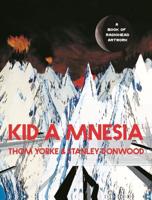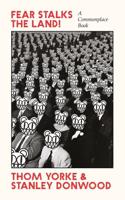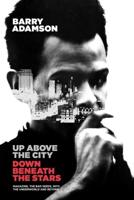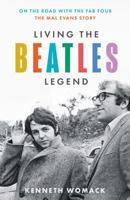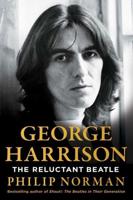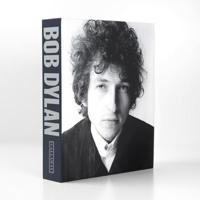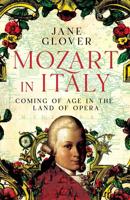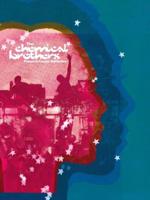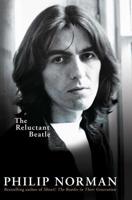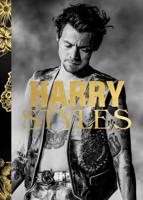Publisher's Synopsis
Astor Piazzolla (1921-1992) was the great pioneer of modern tango music, a masterly composer and bandoneon player who won increasing international fame with his Quintet in the 1980s, in Europe, North and South America, and Japan. Born in Mar del Plata, Argentina, he was taken by his parents to New York at the age of 4, and grew up on the tough streets of the Lower East Side. As a teenager he became passionately fond of both jazz and classical music, while also learning the bandoneon - the classic tango instrument, a member of the accordion family. On his return to Argentina at age 16, he quickly found his place in the flourishing tango world, then at its peak in Argentina, joining the most legendary dance band of the period, and in 1946 forming his own band. He studied with Alberto Ginastera and tried for a while to establish himself as a classical composer. In 1954-1955 he studied with the great Nadia Boulanger in Paris. She firmly told him to develop his own modern tango style, which he did in an extraordinary sequence of works, played by his notable groups - the Octet (1955), the first Quintet (1960), and the Nonet (1971).;Piazzolla's revolutionary experiments with tango music brought him fierce hostility from traditional tango fans. He remained a highly controversial figure in Argentina for the rest of his life. In the mid-1970s, partly in frustration, he based himself in Europe, memorably collaborating with Gerry Mulligan and gradually becoming more widely known. He was briefly drawn into an unsuccessful 'electronic' phase (1975-1977) before reverting to his true strengths with the formation of the second Quintet (1978), noted over the next decade for its performances with the Italian singer Milva and the jazz genius Gary Burton. With the new Quintet and its brilliant 'contemporary chamber music', Piazzolla won genuine international renown, which has grown still greater since his death in 1992. In September 1997 Billboard Magazine called him 'the hottest composer around'.

